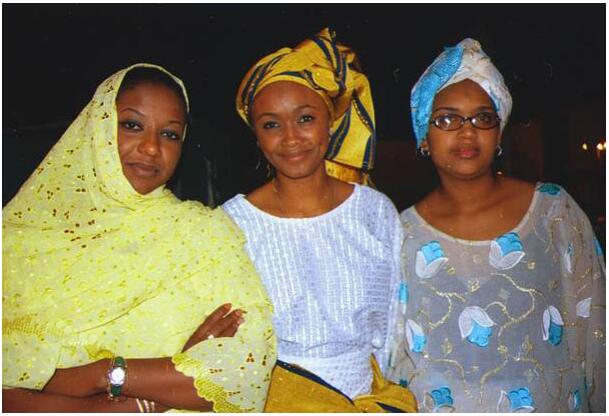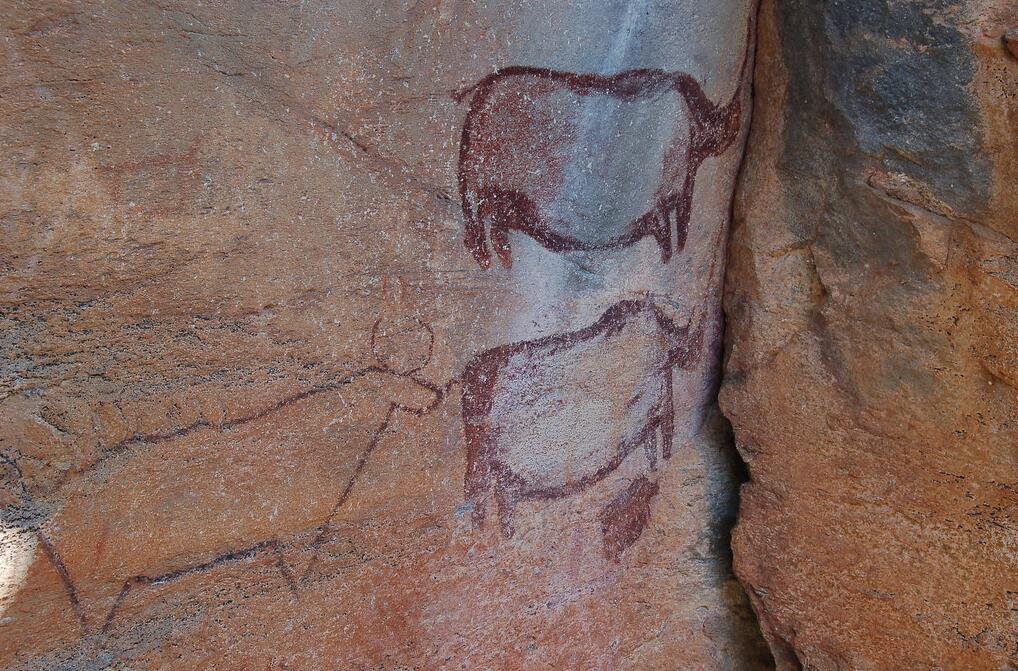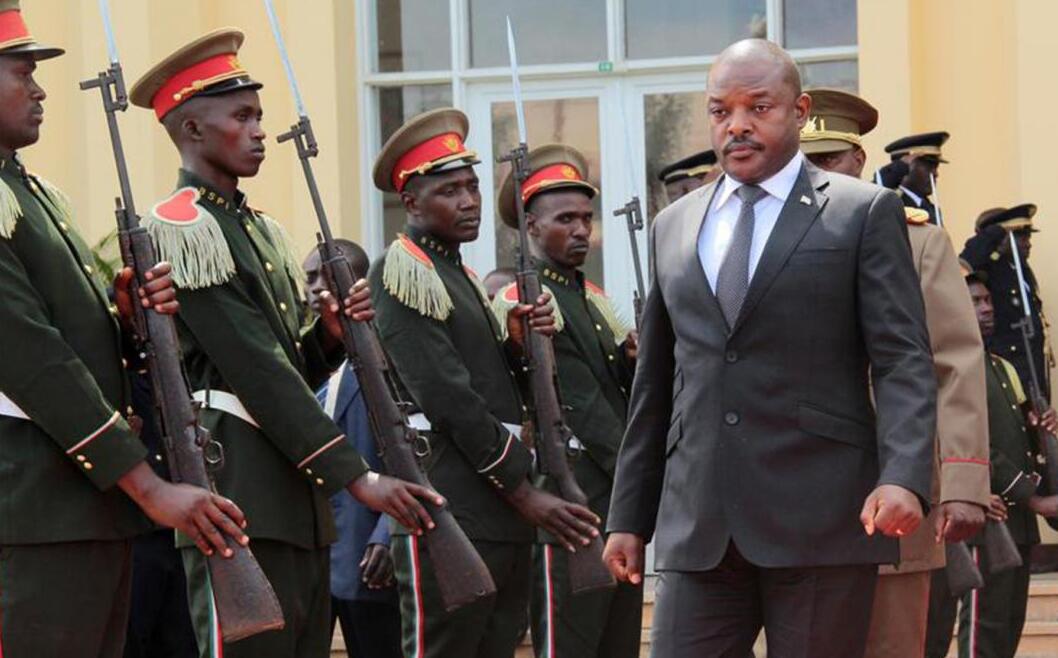Nigeria Society
Proportion of literate adults: 51.1% (2019, HDR)
Major religions: Islam (approx. 50%) and Christianity (approx. 45%)
Urban population: 50.3% (2019, HDR)
Life expectancy (female / male): 55.2 / 53.5 years (2019, HDR)
Number of births: 5.39 / per woman (estimated 2018)
Child mortality rate: 64.6 / 1000 (2019, HDR)
Macrosocial structure
Ethnicity and national consciousness
Nigeria is a multi-ethnic state. More than 400 different language and ethnic groups are spread across the different regions of the country. The largest ethnic groups are:
- the Hausa-Fulani (33%) in the north,
- the Yoruba (21%) in the southwest
- the Igbo (18%) in the southeast.
The minorities, “minority groups”, include:
- the Kanuri (4%) in the northeast,
- the Nupe (1.7%) and Tiv (2.5%) in the middle belt,
- the Edo (3.4%) in the southwest and the Ijaw (10%)
- the Ibibio (3.4%) in the southeast.
Ethnicity plays a major role in Nigeria. Most Nigerians identify with their ethnicity rather than their nationality. The national consciousness of the Nigerians is only weak, there is hardly any sense of unity as “One Nigeria”. Instead, regional interests, ethnic ties and, more recently, prosperity and religious affiliation determine people’s awareness. The problem of the distribution of power between the ethnic groups permanently leads to tensions and conflicts in the country, since the minorities usually perceive the political weight of the large ethnic groups as dominance. Social life is affected by power struggles, “tribal thinking” and religious conflicts.
To address this problem, then President Goodluck Jonathan convened a national conference in March 2014 in the capital, Abuja. There, almost 500 representatives from politics and society were supposed to advise on the future of the country and discuss topics such as the question of national unity, the distribution of power between the ethnic groups and the better distribution of wealth and develop recommendations for action. It remains to be seen how and whether the recommendations made will be implemented in practice. The previous national conferences (1978, 1995 and 2005) had no visible success.
Languages
In total, over 400 languages and well over 1,000 dialects are spoken in Nigeria. The official language of the country is English. The most important language groups and their regional distribution are:
- Hausa-Fulani in the north
- Yoruba and Edo in the southwest
- Igbo and Ibibio in the southeast
- Kanuri to the northeast
- Tiv and Nupe in the Middle Belt
- Ijaw in the Niger Delta.
According to franciscogardening, the lingua franca are Hausa, Yoruba and Igbo, the languages of the three main ethnic groups in the respective regions, as well as Pidgin or Naijá Pidgin, a mixed language of English and various national languages in the metropolitan areas of Nigeria.
Social situation and classes
The differences between rich and poor in Nigeria are still very large. According to the 2018 World Poverty Clock, extreme poverty has continued to increase in recent years. Nigeria has now overtaken countries like India and the DR Congo in terms of poverty. Over 82 million Nigerians now live below the poverty line – and the trend is rising.
Unemployment is high and is estimated to be over 50% among young people aged 15 to 35. The lack of wage-related employment means that more and more Nigerians are looking for opportunities to survive in the informal economic sector as “self-employed” in the big cities. The mass impoverishment takes years to alarming proportions.
Tens of thousands of people are abducted from Nigeria every year, particularly from Edo state in the south of the country, which has become one of the largest starting points for irregular migration in Africa. The International Organization for Migration (IMO) estimates that 91% of trafficked persons from Nigeria are women, and their traffickers have sexually exploited more than half of them. In 2020, the fate of these women was given a face and a voice in the Netflix film Oloture, directed by award-winning Nigerian filmmaker Kenneth Gyang. The NAPTIP portal provides detailed information on human trafficking in Nigeria.
In addition to the many people living in poverty, there are also some very rich in Nigeria. Nigerian Aliko Dangote is considered the richest man in Africa with a fortune of 14.1 billion US dollars in 2018.
Urban-rural relationship
Since the oil boom in the 1970’s, the number of residents in Nigeria’s major cities has skyrocketed. The urbanization rate is 49.5%. More and more people are flocking to the big cities in search of better earning opportunities.
Despite the reform program launched by the Obasanjo administration (1999 – 2007) to revitalize agriculture, poverty in rural areas is still greater than in urban areas. Young people in particular see neither sufficient earning opportunities nor prospects in agriculture. In addition, since the oil boom, investments have been made almost exclusively in modernizing large cities, while rural areas are neglected.



